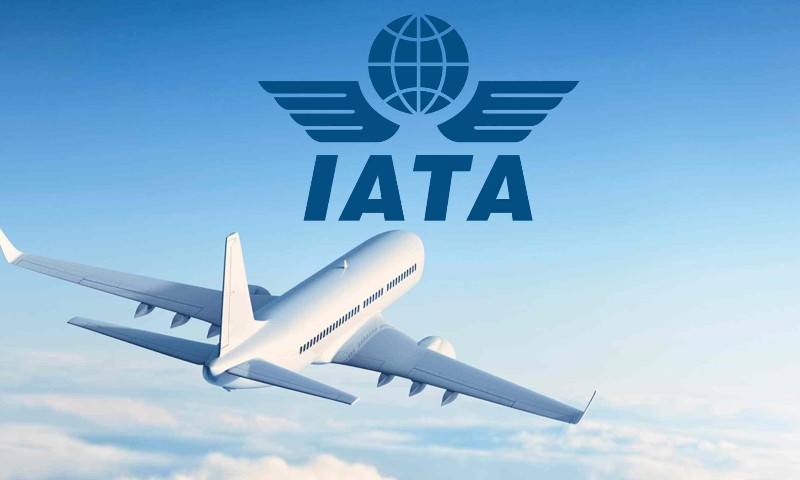Airlines worldwide are set to incur an additional $11 billion in fuel and maintenance costs in 2024 due to persistent supply chain disruptions, according to a new global study by the International Air Transport Association (IATA) and consulting firm Oliver Wyman.
IATA Director General Willie Walsh warned that unprecedented delays in aircraft, engine and parts deliveries are driving up costs and restricting airlines’ ability to meet growing passenger demand.
“Together these have sent costs spiralling by at least $11 billion for this year,” Walsh said.
Record Aircraft Backlog
The global commercial aircraft backlog has hit a historic high of over 17,000 units in 2024, far above the 2010–2019 average of 13,000. This has strained manufacturers and slowed fleet expansion across the industry.
Breakdown of Additional Costs
The study highlights four major areas of extra expenditure:
-
Excess fuel costs: $4.2 billion
-
Additional maintenance costs: $3.1 billion
-
Increased engine leasing costs: $2.6 billion
-
Surplus inventory holding costs: $1.4 billion
India Also Feeling the Heat
Indian airlines have been heavily affected:
-
IndiGo was forced to ground aircraft and rely on higher-cost wet leases.
-
Akasa Air faced slower Boeing 737 MAX deliveries, though the situation has begun to improve.
Call for Industry Reform
To tackle the crisis, IATA recommends that the aerospace sector:
-
Open up the aftermarket to give airlines more access to parts and services.
-
Improve supply chain transparency and data utilisation.
-
Expand repair and parts capacity.
“There is an opportunity to reshape the aerospace industry,” said Matthew Poitras, Partner at Oliver Wyman. “But it will require collective action on transparency, structure and talent.”
With demand for air travel rising, IATA warns that failure to act could deepen operational challenges and delay global aviation recovery.

